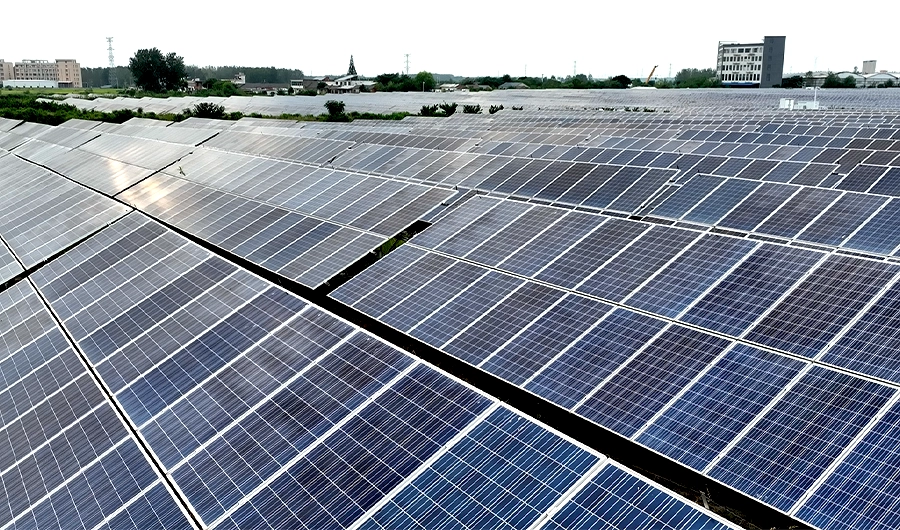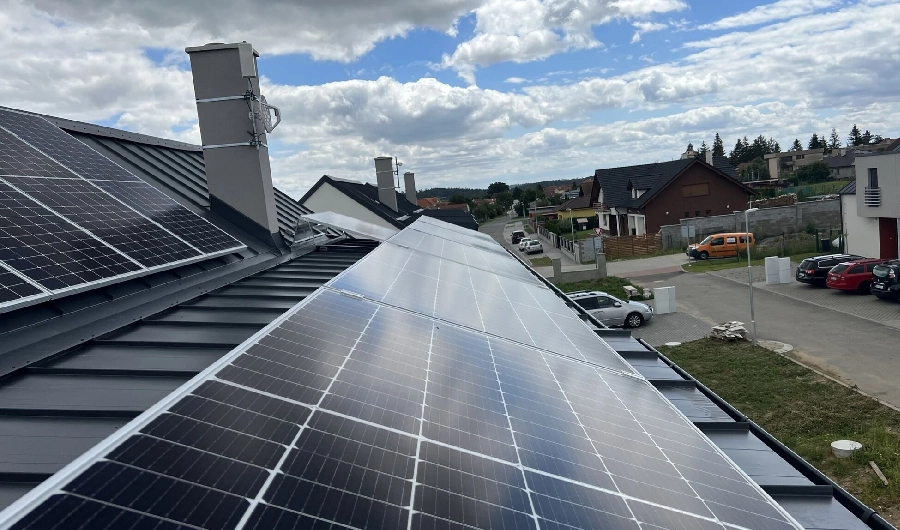Meet the Author
Chinaland Solar Energy Co., Ltd. (SUNERGY)
Established in 2008, Chinaland Solar Energy Co., Ltd. (SUNERGY) stands as a beacon of innovation and excellence in the realm of solar energy. As a high-tech enterprise, SUNERGY is dedicated to the comprehensive advancement of solar technology, spanning research and development, production, sales, and service of solar modules and photovoltaic power generation systems.
With a steadfast commitment to quality and sustainability, SUNERGY has emerged as a leading brand in the photovoltaic industry. Our reputation for excellence is built upon a foundation of industry-leading module R&D capabilities and manufacturing levels, ensuring that every product deliver is of the highest standard.
As advocates for a greener, more sustainable future, the experts at SUNERGY are passionate about empowering individuals and communities to harness the power of the sun. Through their expertise and dedication, they continue to pave the way for a brighter tomorrow, one solar panel at a time.

The quest for sustainable energy sources has led to a surge in the adoption of solar power systems. Solar power generation, the process of converting sunlight into electricity, is a pivotal component of the renewable energy landscape. This article delves into the advantages of solar energy, while also addressing the disadvantages that accompany solar power systems.
Advantages of Solar Energy
1. Environmental Sustainability: Solar power generation is a clean process that significantly reduces carbon footprints, contributing to the fight against climate change.
2. Cost-Effectiveness Over Time: While the initial investment in solar power systems can be substantial, the long-term savings on electricity bills make solar energy a cost-effective choice.
3. Reliability and Low Maintenance: Solar panels are durable and require minimal maintenance, ensuring reliable energy production for decades.
4. Energy Independence: Solar power systems enable users to generate their own electricity, reducing reliance on traditional energy sources and increasing energy security.
5. Technological Advancements: Innovations in solar energy technology have led to higher efficiency rates and more affordable solar power systems, making solar power more accessible.
6. Versatility in Applications: Solar energy can be utilized in various forms, such as photovoltaic (PV) panels for electricity generation and solar thermal systems for heating water or spaces.
7. Grid Stability: When integrated into the grid, solar power systems can help stabilize the electrical grid by providing a distributed power source.

Disadvantages of Solar Energy
1. High Initial Costs: The upfront expenses associated with purchasing and installing solar power systems can be a barrier for some potential users.
2. Intermittent Energy Supply: The effectiveness of solar power generation is dependent on sunlight availability, leading to fluctuations in energy production.
3. Space Constraints: Large-scale solar installations require significant land area, which may not be feasible in urban environments or regions with high land costs.
4. Aesthetic and Social Acceptance: The visual impact of solar panels and the varying levels of community acceptance can influence the adoption of solar power systems.
5. Energy Storage Challenges: The intermittent nature of solar power necessitates efficient energy storage solutions, which can be costly and technically complex.
6. Degradation and Panel Lifespan: Over time, solar panels can experience a reduction in efficiency, requiring eventual replacement or upgrades.
7. Environmental Impact of Manufacturing and Disposal: The production and end-of-life disposal of solar panels involve environmental considerations, including the use of rare materials and waste management.

Conclusion
Solar power generation, through solar power systems, offers a myriad of advantages, positioning it as a key player in the transition to a sustainable energy future. Despite the disadvantages, such as high initial costs and the need for energy storage solutions, the long-term environmental and economic benefits of solar energy are compelling. As technology progresses and policies support renewable energy integration, the disadvantages of solar energy are likely to be mitigated, further enhancing its role in the global energy mix.
